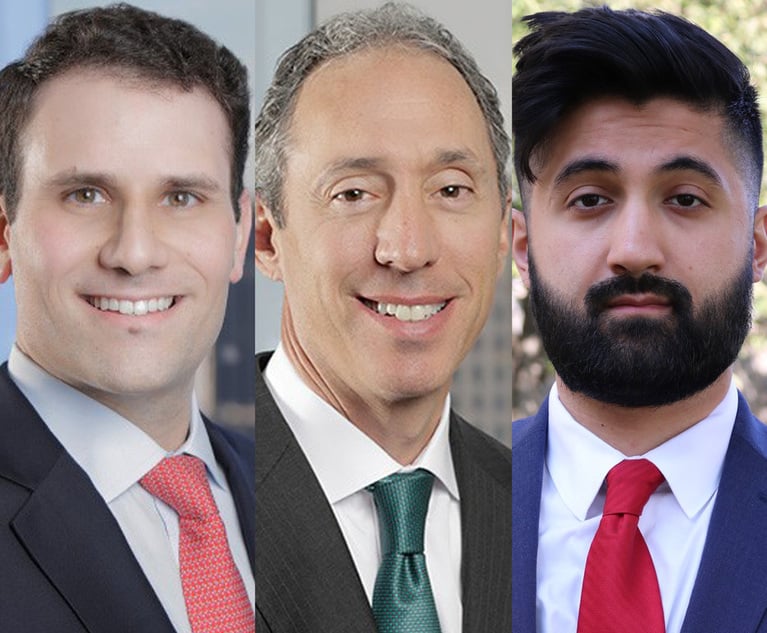In 2021, New York significantly expanded its Recognition of Foreign Country Money Judgments Act (found in CPLR Article 53) (the Act) by granting New York judges wider discretion to refuse to recognize foreign country money judgments. The 2021 amendment to the Act adopts the Uniform Law Commission’s 2005 model law (the 2005 Uniform Act) and brings New York in line with a growing number of states that have adopted the 2005 Uniform Act. The 2021 amendment is significant for foreign judgment creditors and debtors alike, because New York courts may now refuse recognition of a foreign judgment where the overseas proceedings did not comport with due process under U.S. law. Foreign judgment creditors may now consider domesticating their judgments in states with broader recognition than New York, and foreign judgment debtors may now consider whether any foreign judgment against them is compatible with due process under New York standards.
Overview of the Act
There is no federal law governing recognition of foreign judgments in the United States. Judgment creditors who wish to enforce a foreign judgment in the United States must obtain recognition of that judgment by a state or federal court in the jurisdiction where they wish to enforce that judgment. Consistent with almost all states, New York will recognize a foreign judgment for a sum of money only when that judgment is final, conclusive, and enforceable where it was rendered. See CPLR 5302(a)(1)-(2). The Act also provides certain mandatory and discretionary grounds for non-recognition of foreign judgments, including, for example, where the foreign court lacked jurisdiction, or where the judgment was obtained by fraud. See CPLR 5304(a), (b).


 Credit: Blue Planet Studio/Adobe Stock
Credit: Blue Planet Studio/Adobe Stock




